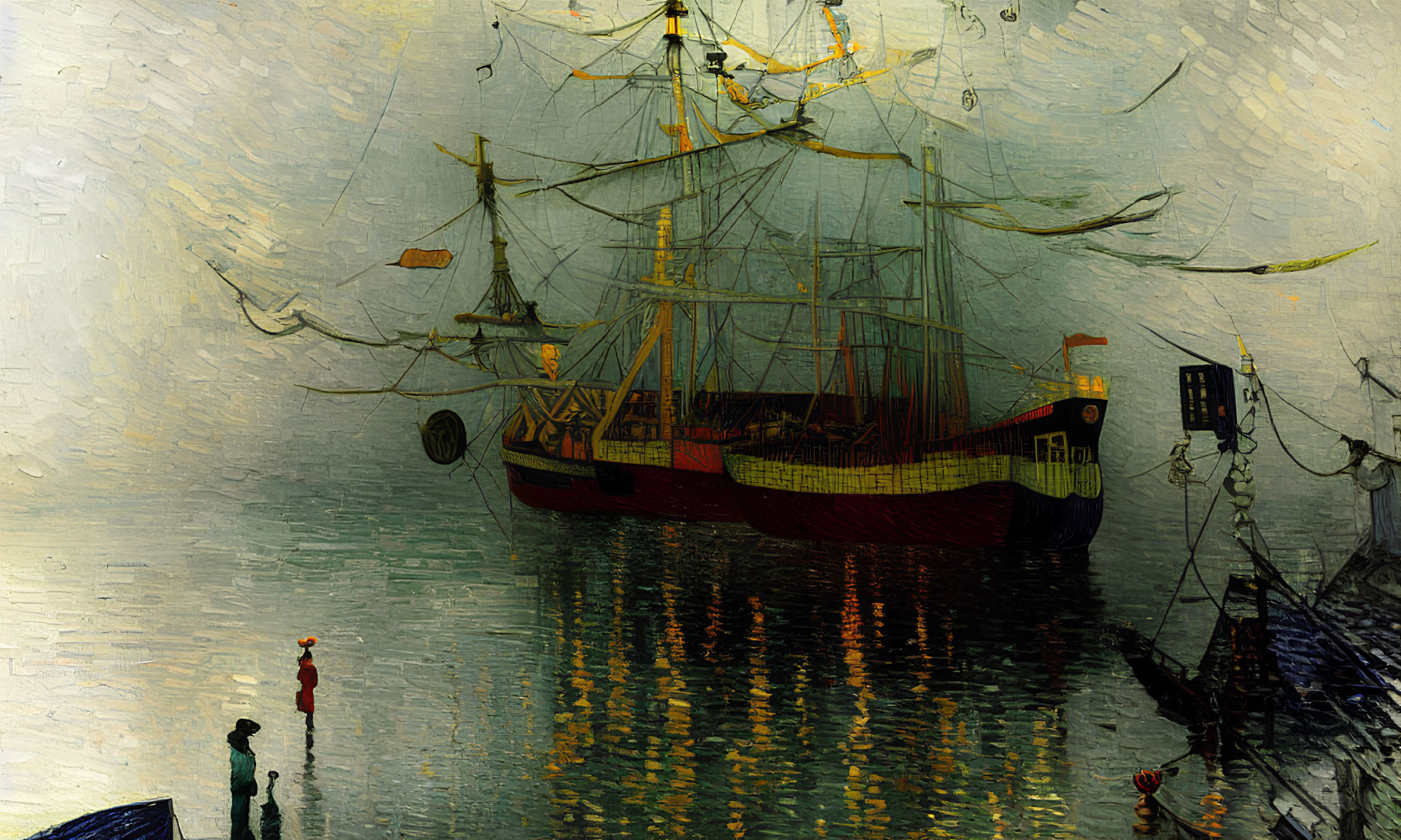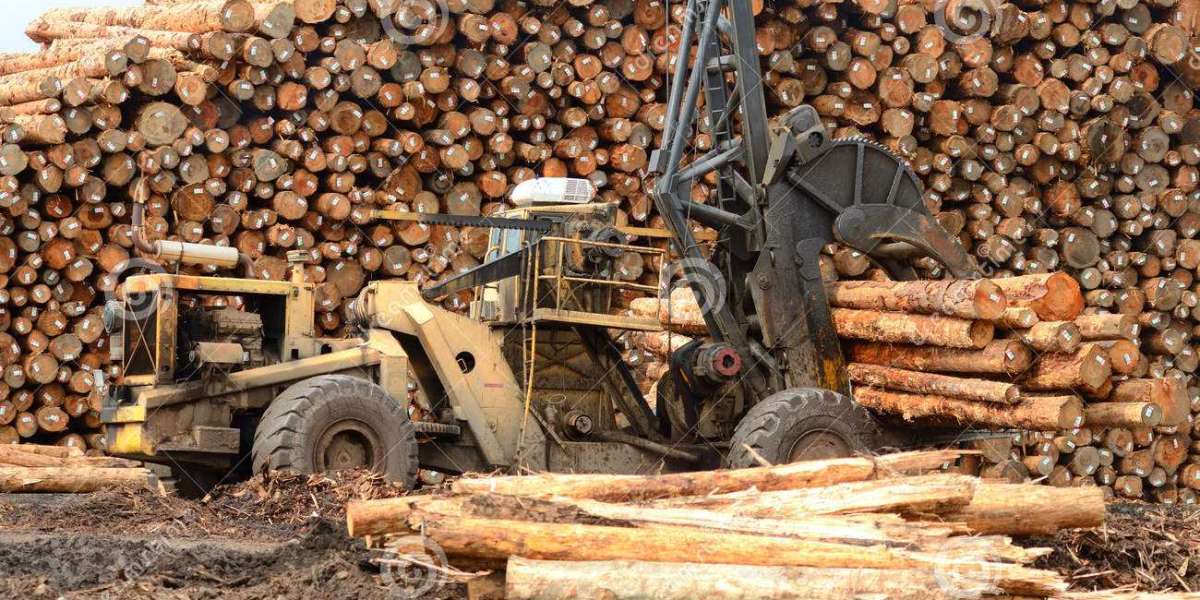
The Korean Ship Cosmo Trader Came to Kaut for logs
The Cosmo Trader from Korea to Kaut to buy Round Logs for the Korean Market. Circa late 1979
The first time I was exposed to the term "floaters and sinkers" was when I was working in the jungles of Papua New Guinea. I was told that when timber logs are dropped into the sea, they will either float or sink. This is due to the different densities of the logs. The floaters will float because they are less dense than the water, while the sinkers will sink because they are more dense than the water. This is because of the density of the logs. If a log is denser than water, it will sink; if it is less dense, it will float.
The sound of the waves crashing against the rocks was drowned out by the sound of the chainsaws felling the trees. The sound of the chainsaws is deafening as they fall trees in the bush. I am working as to get trained in forest survey and Inventory with Groomes and Associates and we are trying manage the logging of the rainforest. I tied to get myself exposed to all the operations of the company. The chainsaws make it difficult to concentrate on anything else, and I can't help but feel overwhelmed by the task at hand. The trees were felled one by one, and then cut down to a suitable log length. They were then pushed to the edge of the cliff, and into the open sea below, by bulldozers. The sight of the floaters falling from the cliff was intriguing.
The sight of the floaters falling off the cliff was one to remember. I was at the edge of the cliff bank of the sea, wondering how the logs could survive such a fall. The bulldozers went to the edge to push the logs down. Yes, it was a sight to see, as the bulldozers forward and reverse the log in front of the blades until it reached the edge of the cliff and the logs fell to the sea. First it goes deep into the water and then it emerges back like a small whale as a floater.
The sinker logs go on barges while the floaters are attached one by one to the other and are just tugged into the bay right from the forest concession area. This is a difficult and dangerous process, as the logs are heavy, and the water is quite rough. But the Papuans are taking it tough, some just stand on the logs as they are pulled by heavy boats.
The Cosmo Trader from Korea
The bright sunlight of the day made it easy to see the Korean ship, Cosmo Trader came into the bay. The logs were transported in barges from the log yard. The whole process was very efficient, and it was clear that the Koreans knew what they were doing. It saved a lot of time and money. There was no need for wharves or infrastructure.
I was at the yard recording the logs as they were sent to the ship to be taken back to Korea. About lunchtime a boat from the ship came and invited me over for lunch with the captain. I stepped into the boat, and it swiftly headed back to the ship. I climbed a metal ladder and boarded the ship. I saw how the cranes carefully tugged the logs one by one and arranged them as the logs were lowered into the ship.
I was brought to the dining room on the ship. There I sat, waiting for the captain to come in. The table had an assortment of pickled vegetables, all in bottles of various sizes. There are many different types of pickled vegetables in Korean cuisine. Some of the most common ones are kimchi (fermented cabbage), baechu-kimchi (napa cabbage kimchi), oi-sobagi (cucumber kimchi), and dongchimi (radish water kimchi). There is no denying that kimchi is a delicious dish. I was surprised to see the variety of pickled vegetables that the Koreans had brought with them. The Malays too had pickled vegetables like pickled garlic, pickled chilies, pickled ginger but I had not seen the variety of pickled vegetables of the Koreans. It was a pleasant surprise and I enjoyed trying them all. I also got reminded of salted eggs we had back home, and I was surprised why I did not try making the salted eggs there. It would be something good that I left for the Papuans.
However, it is important to remember that it is also a dish with a lot of history and culture behind it. When you are enjoying kimchi, you are also enjoying a part of Korean culture. Furthermore, being on a ship, travelling from Korea and Papua, pickles can be very practical as they last long enough for the journey. Placed on a table, you pick what you like and have it with the rice. The main dish was steamed fish and I enjoyed lunch with the captain of the ship, I was referred to as Master Din from Malaysia and I had a great time with him.
The work at the yard was also very rewarding. I got to know the other workers at the yard, and we would often have a laugh while we worked. The yard by the mill was a beautiful place overlooking the sea and the ship was clearly visible, and I felt privileged to be able to work in such an amazing environment. I had an assistant to make sure that the species of the logs were correct.







